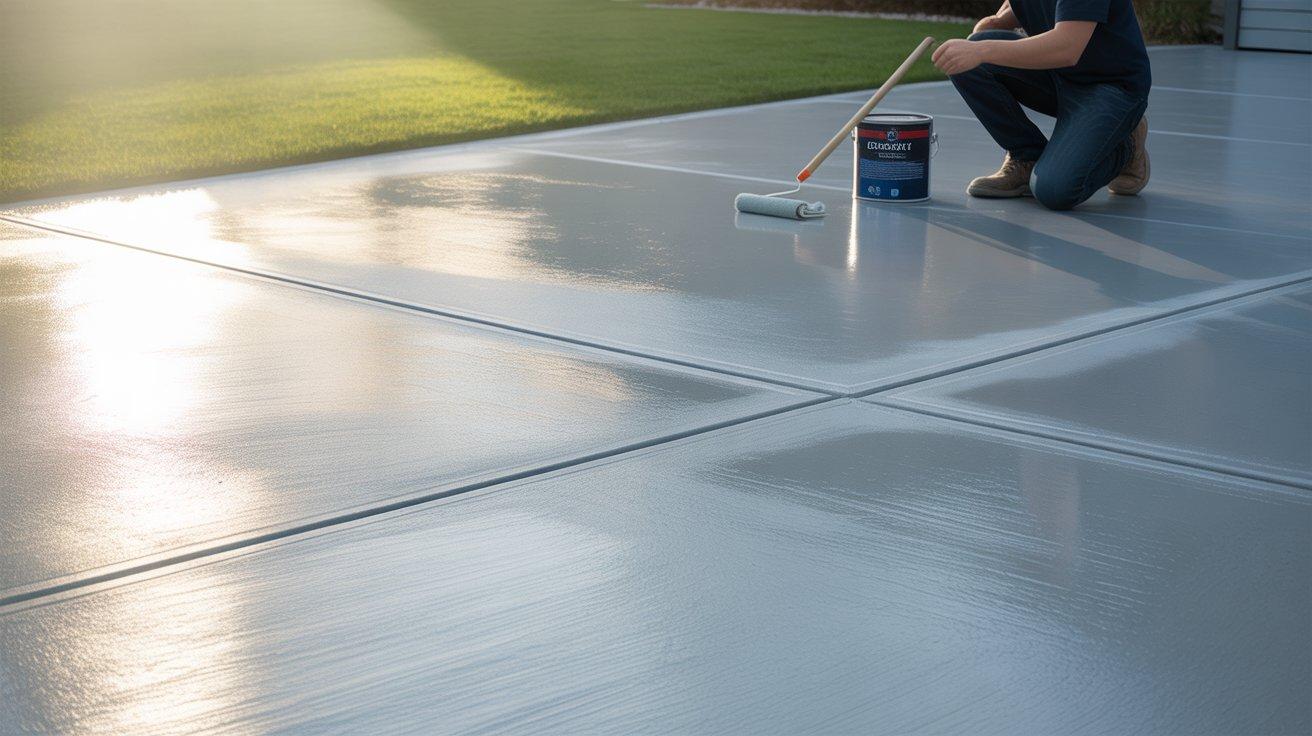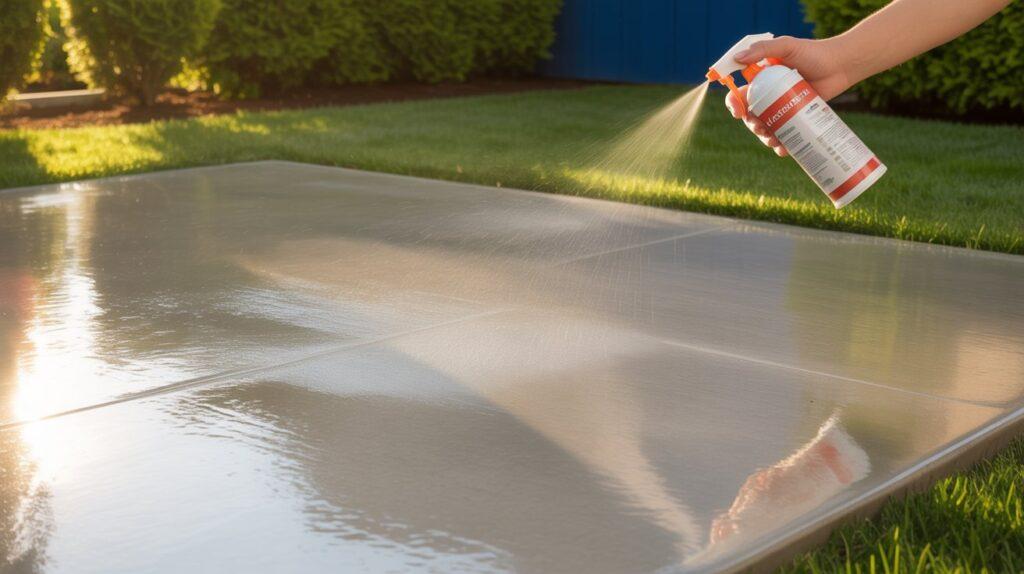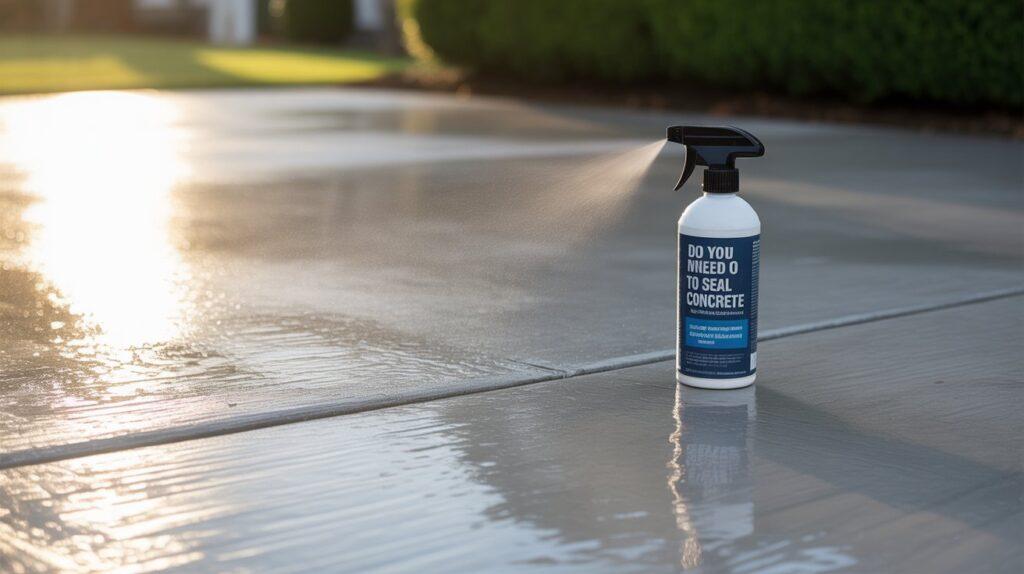Do You Need to Seal Concrete: Essential Guide

Concrete is strong. Concrete is tough. But does it need sealing? Many people wonder. They see concrete everywhere. Roads, buildings, and floors. Concrete is popular. Yet, it is porous. That means it can absorb water and stains. This is where sealing helps.
What Is Concrete Sealing?
Sealing means putting a protective coat on concrete. This coat stops water from entering. It also keeps stains away. Think of it as a shield. It keeps concrete looking fresh and new. Sealing is like putting a raincoat on your concrete.
Why Seal Concrete?
Concrete is porous. Water and oil can enter. This can cause damage over time. Sealing stops this. It protects concrete from harm. It also keeps it looking clean. Stains can be bad. Sealing helps prevent them. It makes cleaning easier too.
Benefits of Sealing Concrete
Sealing has many benefits. Let’s explore them:
- Protects against water damage
- Prevents stains from oil and dirt
- Enhances the appearance
- Makes cleaning easy
- Extends the life of concrete
Types of Concrete Sealers
There are different sealers. Each has its own use. Here are some:
| Type | Use |
|---|---|
| Penetrating Sealers | Enter concrete, protect from inside |
| Acrylic Sealers | Make concrete shiny, protect surface |
| Polyurethane Sealers | Strong protection, long-lasting |


How to Seal Concrete?
Sealing is simple. First, clean the concrete. Remove dirt and stains. Let it dry. Then, apply the sealer. Use a brush or roller. Make sure to cover all areas. Let it dry. Your concrete is now protected.
When to Seal Concrete?
Sealing is best done when concrete is new. This gives maximum protection. But old concrete can be sealed too. It helps renew and protect it. Sealing can be done every few years. This keeps the protection strong.
Where to Use Sealed Concrete?
Sealed concrete is good for many places. Here are some:
- Driveways
- Patios
- Sidewalks
- Garage floors
- Basements
Should You Seal Concrete?
Sealing is a choice. It is not a must. But it is smart. It protects your concrete. It keeps it looking good. It saves money in the long run. Repairing damaged concrete can be costly. Sealing can prevent this.
Frequently Asked Questions
Why Seal Concrete Surfaces?
Sealing protects concrete from stains, damage, and weather. Enhances durability and appearance. Essential for longevity.
How Often Should Concrete Be Sealed?
Typically every 2-3 years. Depends on environmental exposure. Check for signs of wear or damage.
What Types Of Sealers Are Available?
Acrylic, epoxy, and penetrating sealers. Each offers different benefits. Choose based on your needs and concrete type.
Can Sealing Concrete Prevent Cracks?
Yes, it can help. Sealing reduces moisture absorption, which minimizes cracks. Not a complete solution, though.
Conclusion
Concrete is strong but needs care. Sealing is a good way to protect it. It stops water and stains. It makes cleaning easier. It keeps concrete looking new. Sealing is simple and worth it. If you want long-lasting concrete, consider sealing it.
